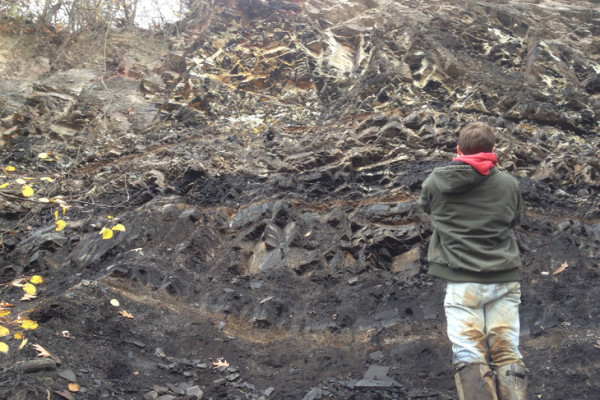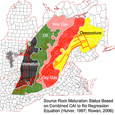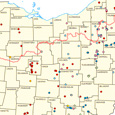Penn State study finds fracking fluids affect water chemistry
Thursday, December 22, 2016

Penn State researchers found pressure, temperature and fluid composition directly impacted the amount of metals and other chemicals found in wastewater from hydraulically fractured gas wells.
The study found that fluids with acids, oxidizers and high salinity increased the amount of metals mobilized from shale in wastewater. It also found that many additives used in fracking fluids degraded in the high pressure and temperature conditions or absorbed to the shale itself.
The exception was surfactants, which degraded minimally under all the tested pH, pressure, shale and temperature conditions.
They concluded that many additives are degraded, but some have the potential to return to the surface where they would have to be treated. In addition, only a combination of shale and high pressure and temperature conditions led to near complete removal of fracking fluids.
Learn more: PennState > Study shows hydraulic fracturing fluids affect water chemistry from gas wells




